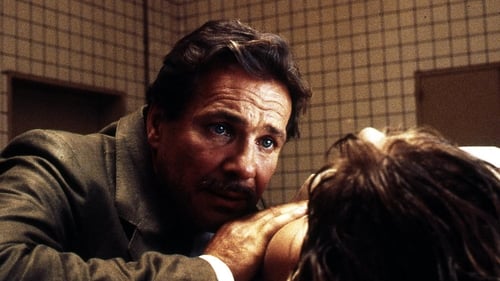
Director
Una mujer que vive en la costa atlántica de Chubut, Argentina, viaja hacia la zona cordillerana de la Patagonia para encontrar las huellas que dejara su abuelo, antiguo médico en la región de Cushamen. En su recorrido, Nahue va confirmando por qué su abuelo encabezó un proyecto político que buscaba contrarrestar las enormes desigualdades en la zona. Las evidencias de una continuidad con la llamada Campaña del Desierto que exterminó a los pueblos originarios le irán brindando un claro contexto histórico, en el que la extranjerización de tierras juega un papel central, para analizar el presente en la Patagonia.

Director
Continuando la serie iniciada con Sucesos intervenidos (2014), el Museo del Cine de Buenos Aires presenta el segundo largometraje realizado íntegramente con material de sus archivos y por catorce destacados realizadores argentinos. Se trata de nueve números de Cine Escuela Argentino, un proyecto creado en 1948 por la Secretaría de Educación de Argentina durante el primer gobierno de Juan Domingo Perón. Éste promovía “el empleo del cinematógrafo como auxiliar didáctico destinado a completar la labor educadora y cultural, principalmente en lo que atañe a exaltar los sentimientos de la nacionalidad, con el ejemplo heroico de los próceres, la moral cristiana y los múltiples deberes civiles, grandes y pequeños”. De allí que la mayor parte de las películas producidas por Cine Escuela Argentino tuvieran como objeto la divulgación científica y la promoción turística de las diversas regiones del país.

Writer
The old urban bus leaves from a Pampean town to Patagonia. A group of shearers made up mostly of Corrientes travels with someone else, who only appears in the film through his omnipresent voice. In addition to living with the shearers, the narrator addresses a fictitious addressee, telling him everything that they are going through during that six-month journey.

Director
The old urban bus leaves from a Pampean town to Patagonia. A group of shearers made up mostly of Corrientes travels with someone else, who only appears in the film through his omnipresent voice. In addition to living with the shearers, the narrator addresses a fictitious addressee, telling him everything that they are going through during that six-month journey.

Director
Pacto de silencio investiga cómo fue que la comunidad alemana de Bariloche protegió e integró a criminales de guerra nazis –como Erich Priebke– que llegaron allí tras la guerra, se instalaron y terminaron transformándose en figuras respetadas socialmente y líderes comunitarios.

Cinematography
The movie follows a group of children living in the streets in the city of Buenos Aires. The only day center working is the CAINA (Centro de Atención Integral a la Niñez y Adolescencia) an institution that assists and shelters street children.

Camera Operator
The movie follows a group of children living in the streets in the city of Buenos Aires. The only day center working is the CAINA (Centro de Atención Integral a la Niñez y Adolescencia) an institution that assists and shelters street children.

Producer
The movie follows a group of children living in the streets in the city of Buenos Aires. The only day center working is the CAINA (Centro de Atención Integral a la Niñez y Adolescencia) an institution that assists and shelters street children.

Writer
The movie follows a group of children living in the streets in the city of Buenos Aires. The only day center working is the CAINA (Centro de Atención Integral a la Niñez y Adolescencia) an institution that assists and shelters street children.

Director
The movie follows a group of children living in the streets in the city of Buenos Aires. The only day center working is the CAINA (Centro de Atención Integral a la Niñez y Adolescencia) an institution that assists and shelters street children.

Assistant Director
In this suspense story, the main character, Johann Neudorff (Gotz George), immigrated to Argentina from Germany after World War Two, and has become a successful businessman there. He is unconcerned with the nature of the government there, which at the time of this film (1978) is a military dictatorship. His comfortable existence is disrupted when he discovers that his beloved daughter Laura (Emilia Mazer) has become the lover of a political activist (Miguel Angel Sola) who is on the military's hit list. When his daughter is kidnapped, Johann attempts to use his government connections to free both her and her lover. However, his son Alfredo (Alex Benn) undermines his efforts, and Johann himself is incarcerated in a military prison, but not before he discovers that his daughter and her lover are both dead, killed by the regime.

Director
Documentary about the detention-dissapearance of Juan Marcos Herman in the city of Bariloche during the Dirty War in Argentina

Director
Después de esperar la oportunidad del retorno, la democracia argentina asoma como un antídoto para hacer renacer la esperanza de quienes se vieron obligados a abandonar su tierra. El regreso a la Argentina de Osvaldo Bayer, luego de sus años de exilio en Alemania.











